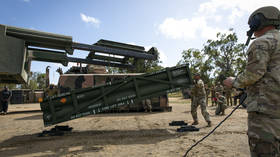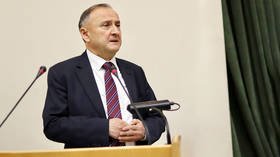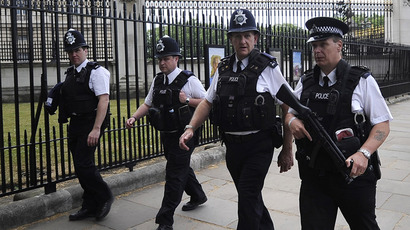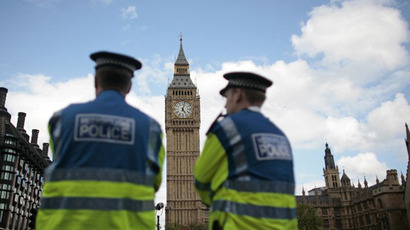Using dead children’s names ‘common practice’ for undercover UK cops
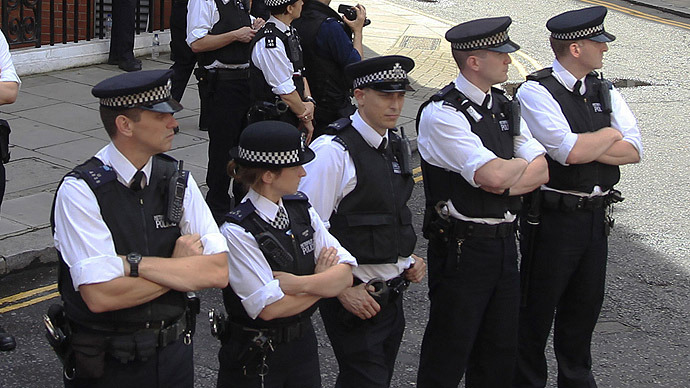
The use of dead children’s identities by undercover officers working for the London Metropolitan Police Service was common practice, a chief constable investigating the matter told MPs.
Mick Creedon, who is leading an investigation into undercover
policing dubbed Operation Herne, told British lawmakers in a letter
that none of the families of the children whose identities were
utilized were “ever contacted and informed.”
In response to a query regarding the number of children’s names which had been used as aliases by undercover police, Creedon was unable to provide an exact figure, though he confirmed “this was common practice within the SDS [Special Demonstration Squad],” ITV cites him as saying.
Creedon confirmed that Scotland Yard had received multiple “speculative inquiries” from relatives seeking confirmation over whether their dead child’s identity had been used.
“No answer, either positive or negative, has yet been given in relation to these inquiries from families," he continued.
The chief constable added that the issue is "very complicated
and mistakes could put lives in jeopardy."
Herne was launched in October 2011 to investigate allegations made against the SDS, including the use of dead children's identities and involvement in inappropriate sexual relationships.
Regarding the latter accusation, Creedon said it would be inappropriate to provide details on the number of children the Metropolitan Police has identified as being born as a result of relationships with undercover officers.
The letter, written in response to a series of questions forwarded by the Home Affairs Select Committee, revealed the operation is expected to cost 1.66 million pounds over the next 12 months. Nearly two dozen officers and 10 police staff are currently taking part in the investigation.
Creedon, who serves as the Derbyshire Police chief, was brought in to take over the investigation from the Metropolitan Police in February.
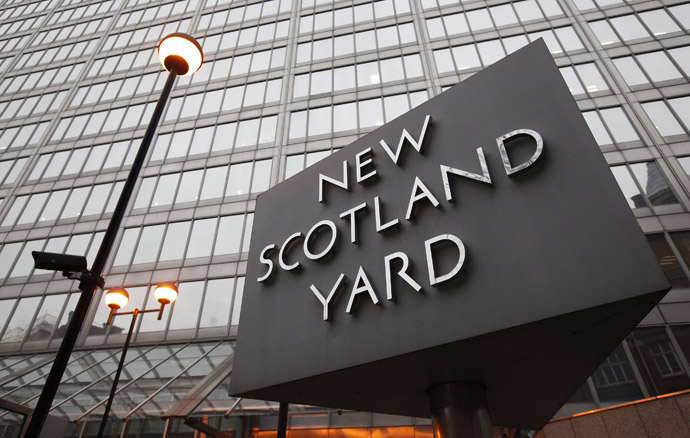
In an interim
report published on the probe in March, MPs took a hard line
towards the entire system of undercover police work in the country,
arguing that such police activity should be limited to genuine
threats to public safety or national security.
In many instances dating as far back as the 1980s, undercover
officers infiltrated activist groups and in many cases initiated
long-term romantic relationship, which were ended when the agents
finished their assignment. Several women are now seeking legal
recourse as a result.
The MPs further castigated the force over the use of the use of the
names of dead infants as “ghoulish and disrespectful,”
saying the practice is potentially dangerous to the bereaved
families.
In one case, a witness told the commission how she found the home
address of the people whom she believed to be the parents of her
missing partner. The individual was in fact an undercover officer.
The report stressed that “it is easy to see how officers
infiltrating serious, organized criminal and terrorist gangs using
the identities of real people could pose a significant risk to the
living relatives of those people.”
The investigation has highlighted the weak oversight mechanisms for
undercover agents who were gathering intelligence, arguing that
officers’ methods should never undermine its admissibility in
court. The report said there was a legitimate case that the
legislative framework governing undercover policing, including
2000’s Regulation of Investigatory Powers Act, should be
fundamentally reviewed.


